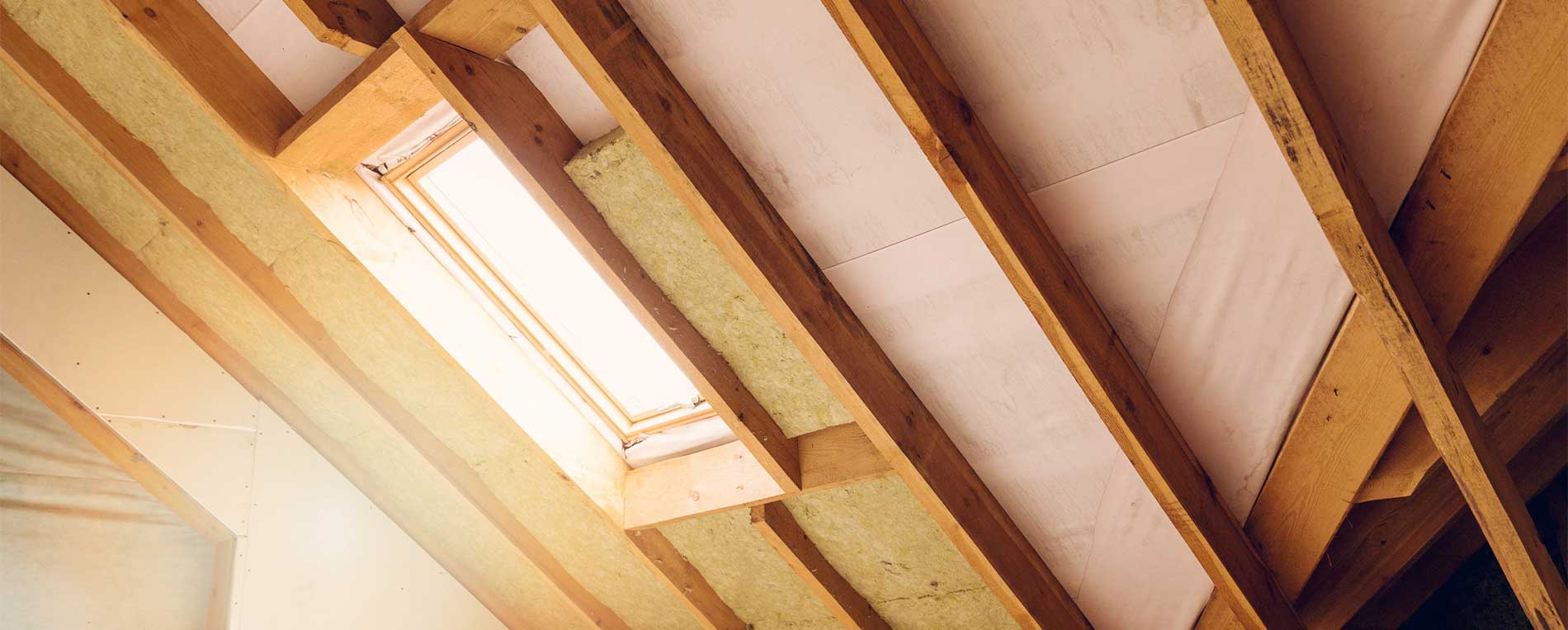Need more information?
For quick answers to many of the most common questions that we receive about attic cleaning, scroll down below and check out our tips. Check out some of the many solutions our experts provide to our happy customers.
Don't wait to call in the experts when nest removal is required
Once rodents have settled into your house they'll usually find a suitable place to nest and reproduce. A female mouse can give birth to up to 60 pups annually and a rat can have over 70. While trapping one rodent can sometimes be done with a simple store-bought trap, catching and removing a nest full of pests requires professional knowledge and tools. If you identify an infestation, call our experienced rodent removal service and let our experts do the job in a humane, non-lethal way.
Check for mold in your crawl space
If you use a flashlight to peek into your home's crawl space and see green or brown discoloration on wood or pipes, smell mildew, or have noticed that your allergies are irritated indoors, these are all signs that mold has infected the area. It's important to catch it as quickly as possible, because it will eat away at everything from wood to pipes, and wreck insulation as well. It's also hazardous thanks to its spores, so it's vital to get it tended to.
While you're up there, inspect your insulation
While you're up in your roof, it's important to check your insulation. So much of your home's heat is lost through the roof so if there are any gaps in your insulation this can equal a huge energy bill. You can always call our professionals to replace worn or damaged insulation and save your money for better things.
Check your attic for signs of rodent activity
Make sure that your attic isn't being invaded by unwelcome visitors, and check periodically for gnawed wood, odd greasy wet spots, droppings, or insulation that looks torn up. If you spot any of these issues, you may have pests around. You can set traps yourself or call a local animal control unit to clear them out for you and keep your attic from being damaged further. They can also spread diseases, so it's a good idea to get it taken care of.
Use a HEPA bag to vacuum dust
HEPA stands for High Efficiency Particulate Arrestance, which essentially means that it is more efficient at trapping small particles than other types of bags. Using this type of bag will ensure that the dust you suck up will stay in the bag for you to dispose of safely, keeping it out of your air. Other types of bags won't be as effective and trying to simply sweep the dust will usually result in it just going into the air and polluting it further.
